By now, you’ve likely seen and heard plenty of horror stories about the sorry state of air travel. Not only has it been normal for “normal people” to run into flight delays, flight cancelations, lost luggage, abnormally long waits on the tarmac, and much more, but even many of us “travel pros” have run into this kind of trouble.
How on earth did this happen? Why is it this bad now? And really, who’s doing what to clean up this mess? Today, we’re doing our best to answer all your questions about the troubled state of air travel and how you can make your air travel plans less troublesome in the future.
Yes, even we travel experts run into turbulence in the sky — and in the airport
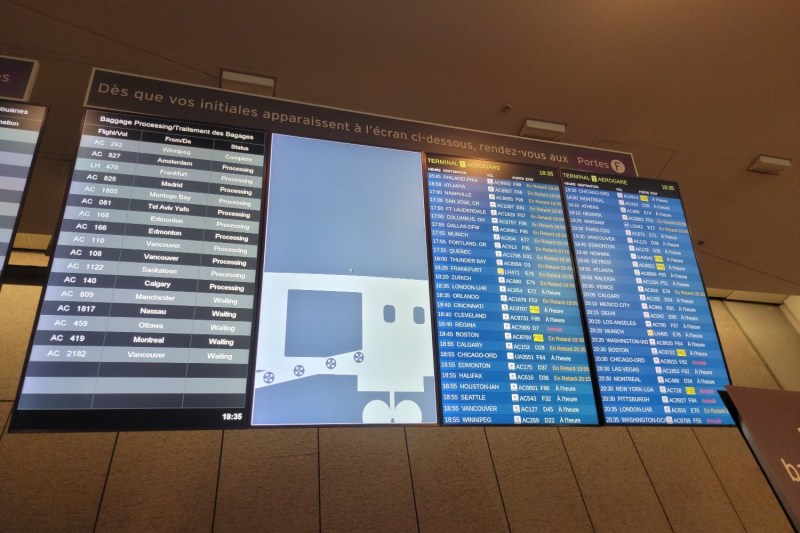
Earlier this fall, my colleague Nick Hilden detailed his own experience in tracking and retrieving his luggage that got left behind at Amsterdam Schiphol Airport. Sadly, his case of the missing suitcase is merely one in a multitude of operational woes that’s led to Schiphol limiting passenger capacity all the way to next March.
Speaking of limited capacity, I got my own rude awakening the month prior, when I flew from Tel Aviv to Toronto to catch a connecting flight to Las Vegas. As much as I tried to avoid “The Notorious Toronto-Pearson,” I ultimately got the signature experience of extra time on the tarmac, a shambolic scramble through security checkpoints, and ultimately, my own missing luggage saga — though, thankfully, this airline rallied to return my suitcase to me about 36 hours after I arrived in Vegas.
Before anyone says that these air travel hiccups only occur abroad, I can unload plenty more on my domestic travel woes since 2021. In May, my scheduled flight out of Orange County, California, was canceled at the last minute. Then my replacement flight was delayed so badly that we ultimately left mere seconds before OC’s nightly flight curfew went into effect. In August, another airline canceled my scheduled flight out of Augusta, Georgia, and I basically had no choice but to stay an extra night and rearrange my work schedule for the rest of the week. Needless to say, whenever I’m flying — international or domestic — I have a contingency plan on hand in case my flight gets canceled and/or my luggage gets lost (more on this later).
So how bad is it, really?
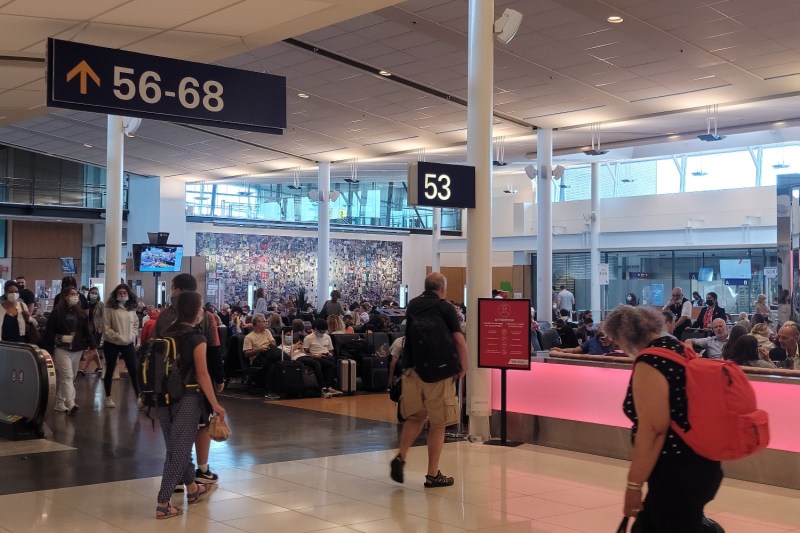
Over 128,000 U.S. flights were canceled during the first half of 2022, according to FlightAware data that Reuters analyzed. In addition, some 22 percent of flights were delayed during the peak of summer travel season in July, and the amount of lost checked luggage has surged around the world since 2019.
As a result of all this mayhem, air travelers are more furious than ever. In case anyone was hoping that travelers’ rage and fury would subside with the end of most COVID-19 health safety rules, we’ve all suffered a rude awakening with all the flight delays and cancelations, all the security checkpoint lines, all the lost luggage, and all the pent-up anger that continues to explode in airports and airplanes. Though I understood certain airlines’ decision to restrict alcohol consumption during their flights earlier in the pandemic, I wish they’d also address more of the underlying reasons why some frequent flyers devolve into such outbursts — and why the rest of us have been losing our love for air travel.
Why is commercial air travel in such a sorry state?
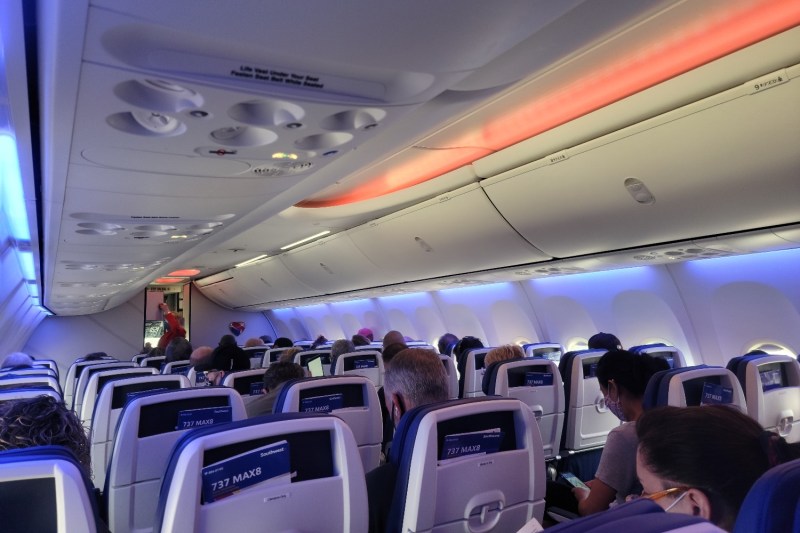
Contrary to some political media pundits’ assertions that this is all due to “lockdowns,” the reality is much more complex and goes beyond COVID-19. For years, most U.S. airlines have become more reliant on smaller aircraft — such as Boeing’s 737 family of airplanes and Airbus’s A320 series planes — and reserving larger aircraft for their more lucrative long-haul international flights. At the same time, airlines were hiring fewer new pilots and relying on more experienced pilots who were already nearing retirement in early 2020. Multiple airlines have promised to step up their efforts to recruit and train new pilots, though the Air Line Pilots Association (ALPA) union continues to insist that the “pilot shortage” is more of an issue of airlines’ refusal to invest more resources in strong safety standards and more flights to serve stronger traveler demand.
Though some airlines did utilize their larger aircraft more often early in the pandemic, they couldn’t simply shift all their flights to larger planes because pilots and crew require specialized training depending on which aircraft they’re staffing — and many simply didn’t want to, as large planes like the Boeing 747 and the Airbus A380 are more expensive to operate. Meanwhile, several airlines and the U.S. government largely failed to properly plan for the dramatic rebound in air travel that began with the easing of travel restrictions in 2021. Airline crew counts and seat capacity remain below pre-COVID levels as of mid-2022, and federal regulatory agencies have been slow to utilize their regulatory authority despite the airlines’ promises not to misuse the U.S. government subsidies they accepted in 2020.
What are the airlines and the U.S. government doing to fix these problems?
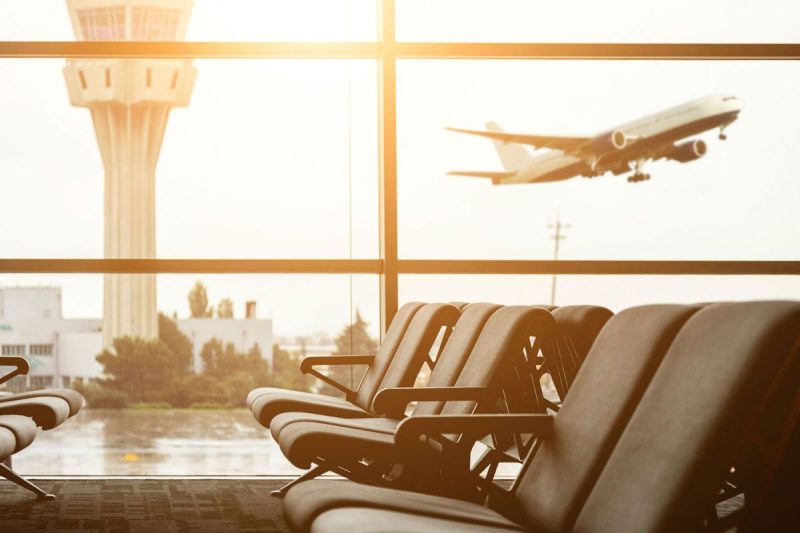
Several major airlines have promised to invest more in recruiting and training new pilots. However, since pilots require robust education and specialized training, we’ll probably have to wait a few more years for these recruitment campaigns to bear fruit on the tarmac. While the overall state of air travel seemed to improve slightly by Labor Day, the airlines probably have more room for improvement in hiring and training more staff across the board as well as restoring more flight service to keep up with traveler demand.
As for the government, the U.S. Department of Transportation has recently begun to roll out new proposed regulations to crack down on hidden fees, flight cancellations, and lost luggage. The Biden administration is also promising to utilize $15 billion in new funding from the Infrastructure Investment and Jobs Act — also known as the “Bipartisan Infrastructure Law” that Congress passed in 2021 — to renovate and upgrade multiple U.S. airports so they can better handle larger traveler volume. But like the airlines’ efforts to bring new pilots on board, we’ll probably have to wait a few more years to see more return on investment from this infrastructure law.
In the meantime, what can we do to protect ourselves and save our travel plans?
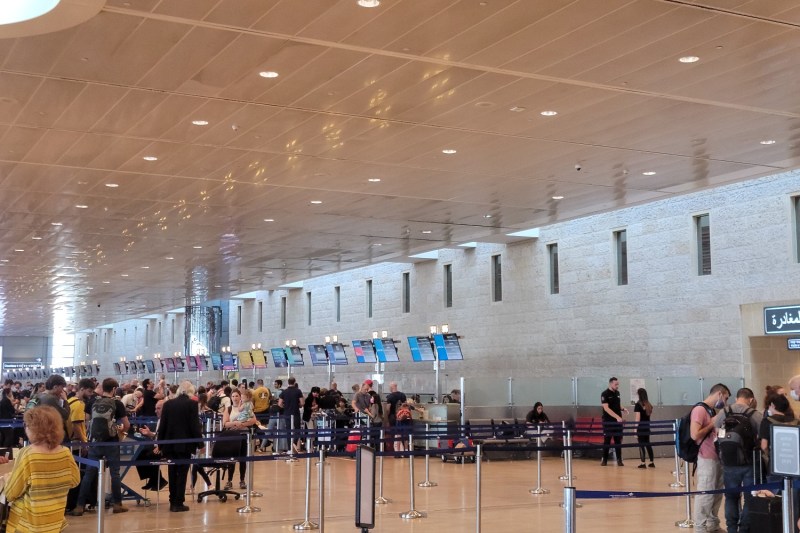
I really can’t stress this enough: Make as many backup plans as you can! If you have extra room in your carry-on bag, pack an extra outfit or two in case your checked bags get lost in transit. If you have to transfer planes, give yourself enough “cushion time” at the layover airport when you book your flights, just in case your first flight is delayed and/or you need to pass through additional security checkpoints. Though I certainly hope you never have to experience this nightmare scenario, if your flight is canceled and the airline can’t (or won’t) book you on a same-day replacement flight, be ready to book a last-minute hotel or Airbnb for the night. If all else fails, call your relatives or friends in the area and ask if you can crash at their place for the night.
When it’s time to air out your grievances, don’t merely complain about it on social media, and please don’t harass the airline staff who have already had to endure so much. Use the U.S. Department of Transportation’s new Aviation Consumer Protection resources to your advantage and prepare to file the correct paperwork in case you’re eligible for refunds.
In conclusion
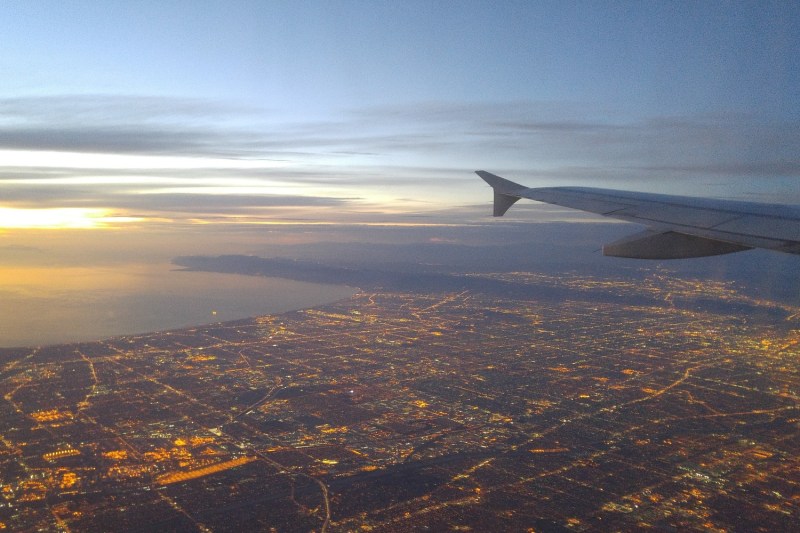
I totally understand the intense stress that often comes with air travel these days. Even when we’re traveling for fun, it’s anything but fun to be stranded at the airport or to find out at baggage claim that some of our baggage is missing. Though the tips we discussed above may not solve all your air travel woes, hopefully you’ll be more prepared to act should you run into any of these problems at the airport.
For more tips and tricks for better trips, check out our ultimate travel essentials checklist, the best shoes for you to pack for your next trip, and these five mistakes to avoid on your next road trip. We hope all of this helps, and we wish you safe travels and good times wherever you go next.



